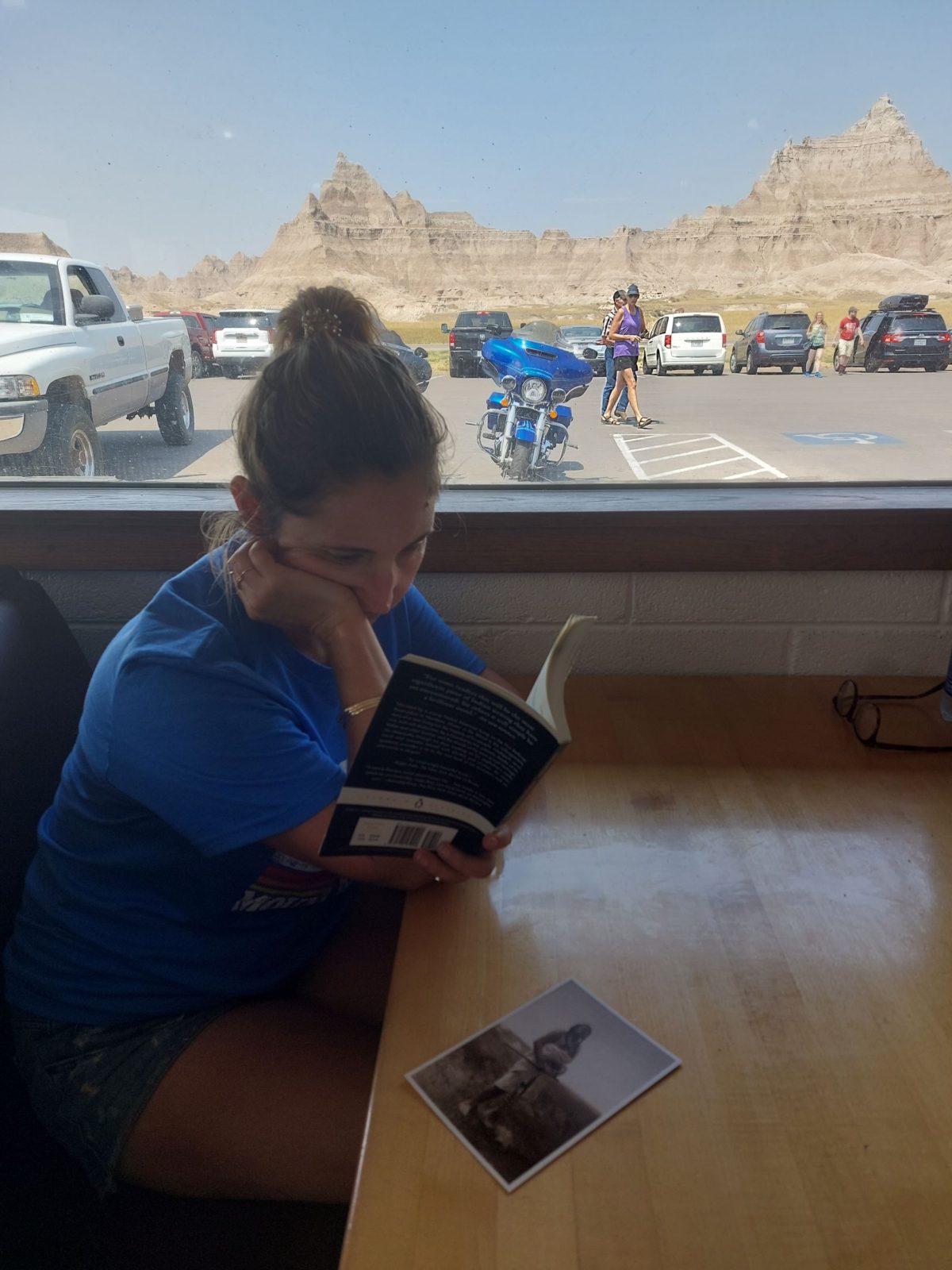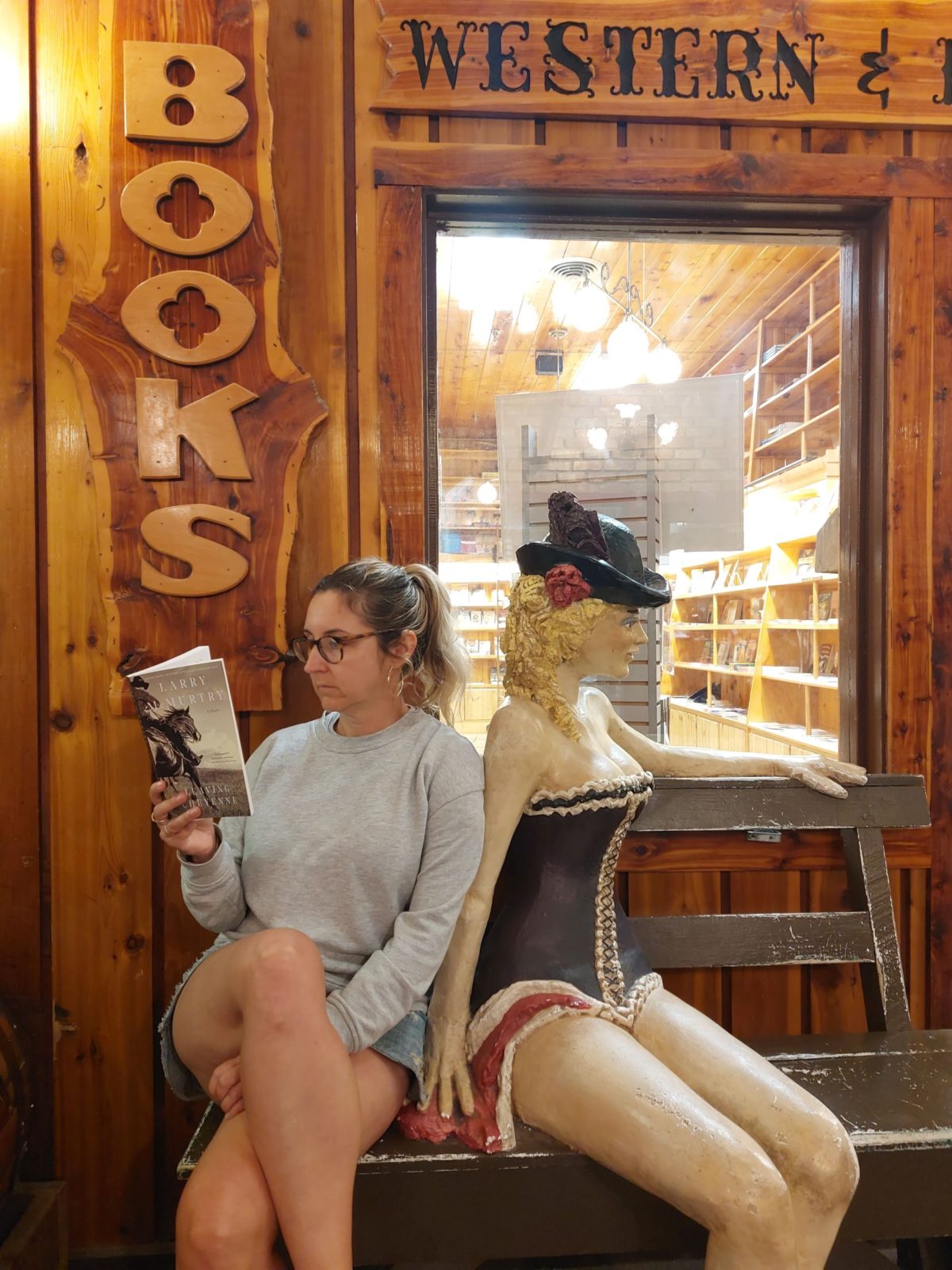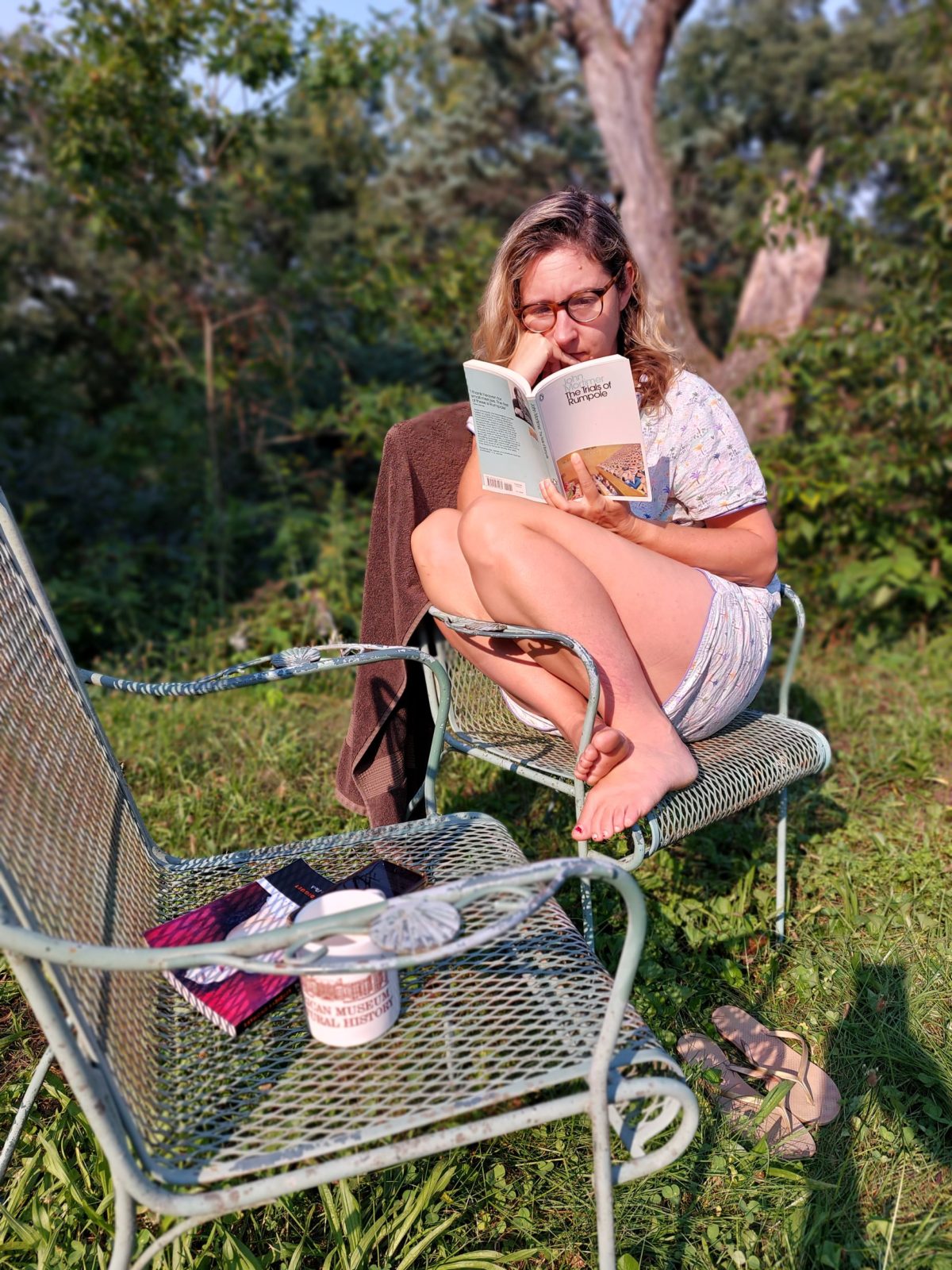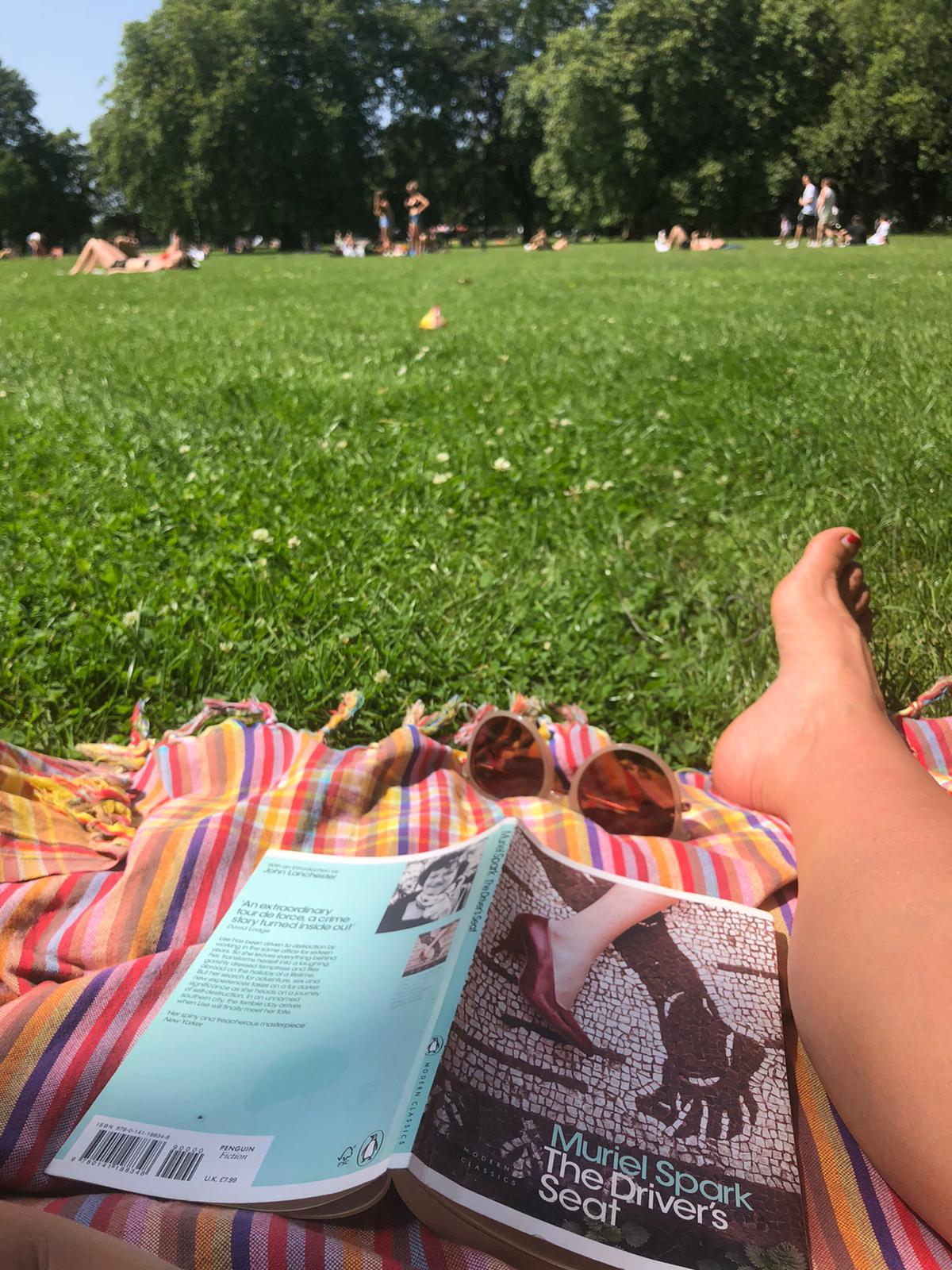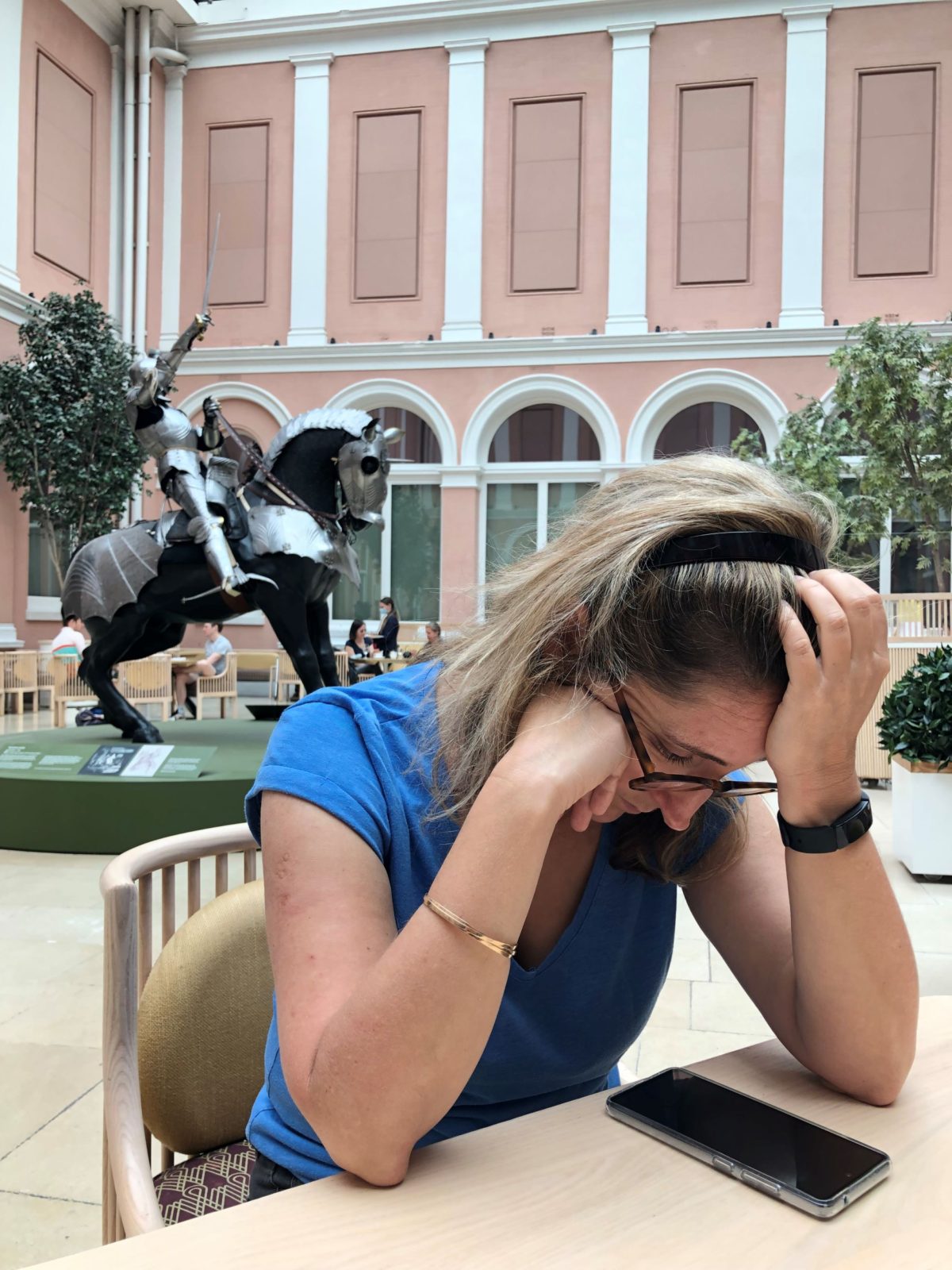This guy has an affair with a married woman when he is 15; writes a book about it at 17; and is dead by 20. Now this is what I call living. That said, I am grateful for the vaccination against Typhoid.
This lightly fictionalized story caused a scandal on publication because the husband being cheated on is away from home because he is serving in the frontlines of the First World War.
The woman is 19, and she and the author have an affair of high passion and higher risk. He goes to visit her to talk about literature (a gossamer thin excuse). Here we are:
She liked going to sleep in front of the fire with her hair unpinned. Or rather I thought she was asleep. In fact, her sleep was only an excuse to put her arms around my neck.
They end up making out, and eventually, after she gives him a bit of help, having a lot of sex. However, they know their love is doomed. Not because she is married, but because she is apparently too old for him:
In fifteen years life would still be just beginning for me, and women of the age that Marthe was now would be in love with me. . . . I was too well aware of the attractions of youth not to realize that I would leave Marthe when her youth was beginning to desert her and mine was still at its height
Truly, we have no idea how long an uphill battle feminism has had to fight in the twentieth century. Meanwhile he has some other interests. Try this on for an extra taste, when he is alone with a friend of hers :
I did not assume from her silence that my kisses had given her any pleasure; but she was incapable of indignation and could think of no polite way of rejecting me in French. I nibbled at her cheeks, fully expecting a sweet juice to squirt out, as from a peach. . . . Her only gesture of refusal was to move her head feebly from left to right, and from right to left. I did not delude myself, but my mouth took this t be the response it desired . . . I was naive enough to imagine that things would continue in the same fashion and that I would succeed in raping her without difficulty
I don’t even know what to comment on this.
In an unrealistic and abrupt turn of events the woman he is having an affair with dies. In real life, she lived, and her husband spent the next fifty years trying to prove to everyone the book was fiction. He was eventually buried with his wife’s letters and a book that celebrated the heroism of the soldiers of WWI. I feel bad for him, but then on the other hand he did get that extra fifty years to protest his wife’s virtue, while the author got fifty years of being dead.




